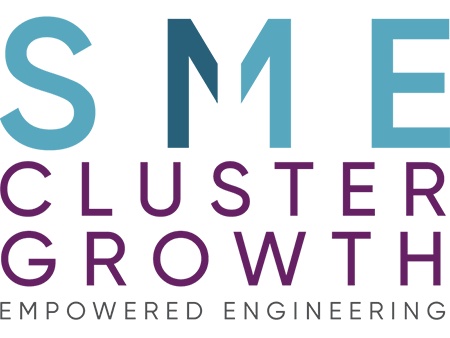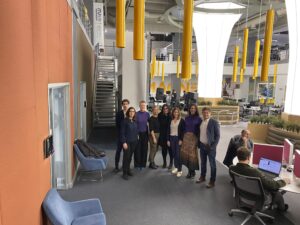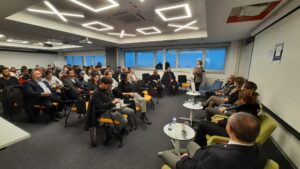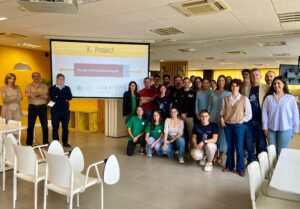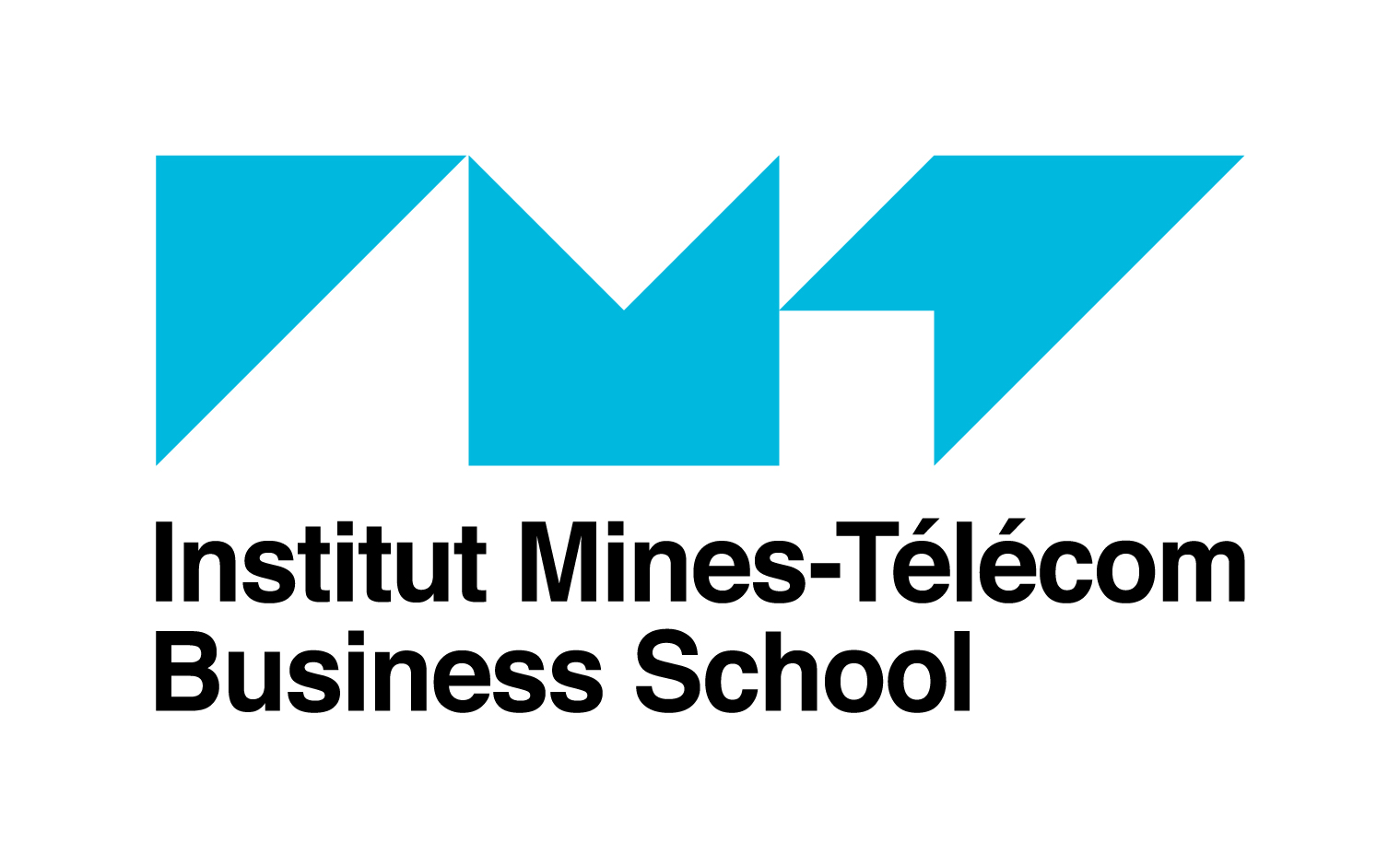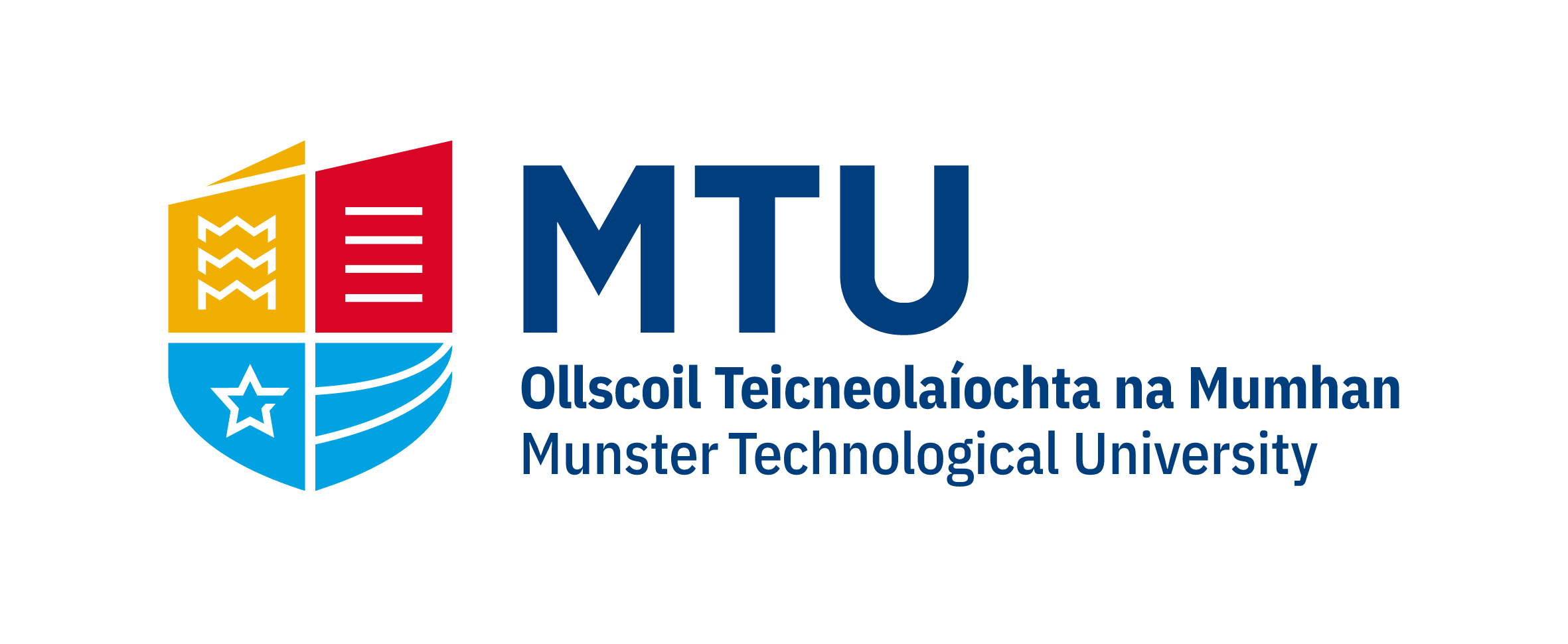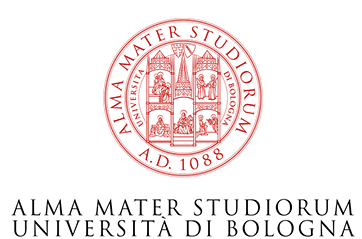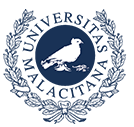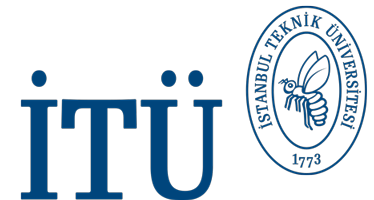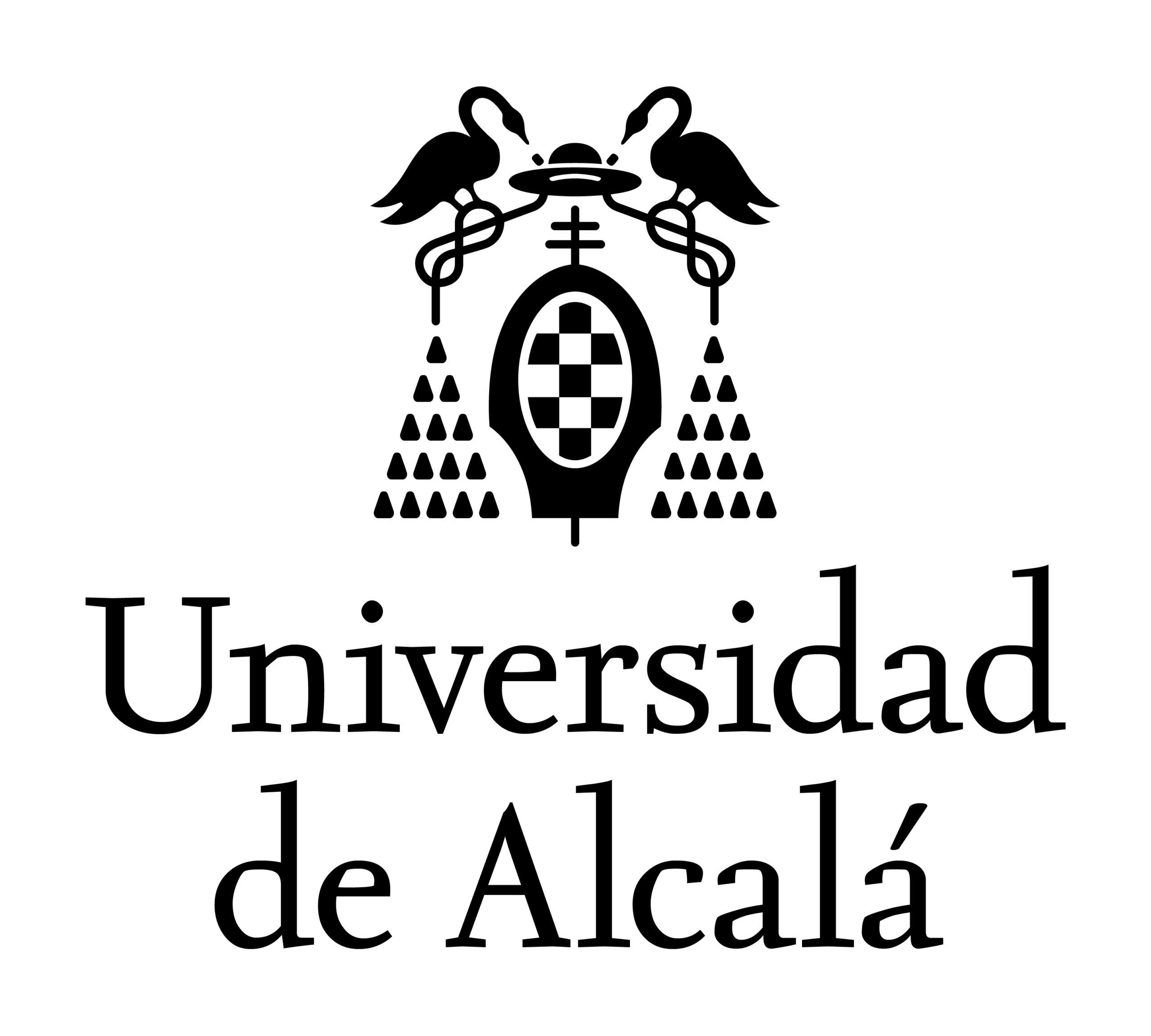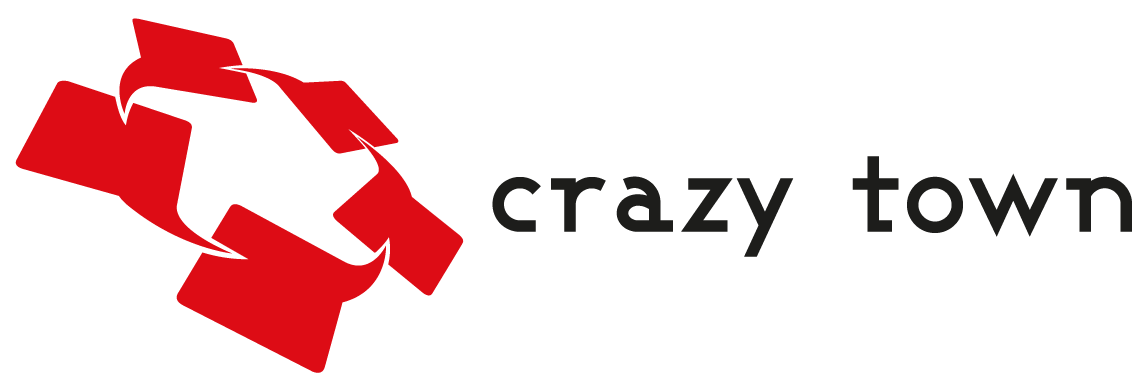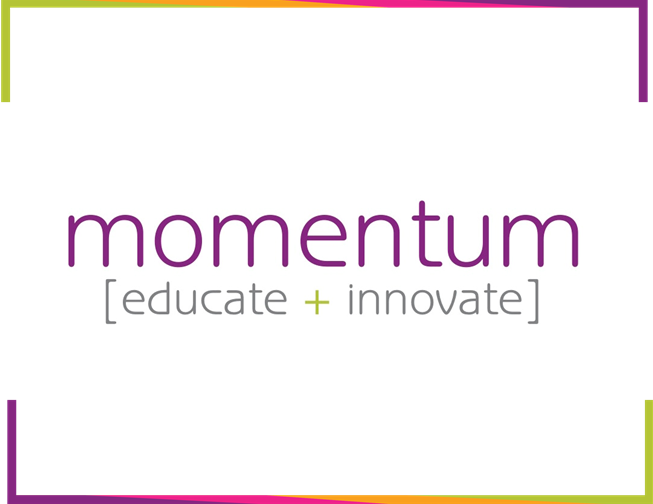As part of Munster Technological University’s work on the SME Cluster Growth project they met with Gerry Reynolds, founder, owner and Managing Director of Takumi Precision Engineering. Kevin Fitzgibbon, the Science and Engineering faculty representative with MTUs’ Extended Campus, discovered the company’s origins, insights and challenges. Takumi Precision Engineering supply, and work on behalf of, companies in the medical devices, pharmaceutical, aerospace and precision engineering arenas, offering their global clients the ability to develop products from concept, through prototyping and onto the full production run.
Gerry spoke about his own collaboration journey in bringing Takumi Precision Engineering from an annual turnover of IR£250,000 per year in 1998 to €7 million per year in 2020. He said he understands how easy it is as a business owner to keep your head down and stay working, and not connect with the ‘outside world’. He said, “Being an owner/manager of an SME can be a lonely place.” But he has always had a few people around as a sounding board, a few leaders of industry or older owner-operators of SMEs to bounce ideas off, and ‘check his sanity’ at times. Engaging with Enterprise Ireland helped further his connection to the wider SME sector. In particular, he names his involvement in the Leadership 4 Growth programme that allowed him to engage with more like-minded people, so that he now fully appreciates the huge benefits to networking and collaborating.
“Not leaving your business can leave (business owners/managers) unable to see the wood from the trees. Connecting and talking to others is where you get the ideas for the next pivot or the next initiative that might lead to the next thing, because there’s no master plan, it’s an evolution”.
Gerry is a founding member of Emerald Aero, a cluster group of eleven companies who have worked together since 2014 on the basis that they are stronger together. Emerald Aero collectively deliver precision engineering, plastics moulding, tooling, 3D printing, fabrication, surface treatment, thermoforming and Multi-Axis CNC. The sharing of knowledge and a combined digitisation system has been created based on the sharing of their best practices, coming together as one. Through this cluster, Gerry believes customers receive the agility of a small company with the scale of a large company. The eleven companies market themselves collectively by attending trade shows and engaging pathfinders – people tasked with international marketing. He feels going to national and international events or trade shows is much more enjoyable and impactful as part of a group. In Gerry’s own words, “We didn’t form a cluster, we formed a gang. I’ve been that soldier where you go over to a show in the UK, or France, and you put up your little banner, you’re there on your own, it’s a lonely place to be. But if you go over there as a group, there’s a bit of noise, some laughing and joking, you have a bigger presence. You will have a bit of craic that night and you find you attract more people so you’re suddenly growing your network. You know everyone thinks business is done by companies, it’s not, it’s done by individuals.”
Becoming involved in the cluster has been a very positive experience for Gerry and Takumi, and each of the eleven cluster companies has grown year-on-year. The companies energize each other, combine resources, collectively market themselves, share experience, and crucially, they sub-contract business to each other, which was unprecedented before they formed the cluster. The customer deals with one company, one point of contact and the workflow is spread out amongst the cluster through good relationships and good management.
Gerry is very passionate about the potential for SME cluster growth in Ireland, encouraging other business owners to get involved, saying that it’s only by talking and collaborating that he learned. He’s motivated to see the engineering manufacturing base grow in Ireland further before he retires. Gerry remembers in the mid-80s when a Japanese company sent a representative to research Ireland as a potential manufacturing location. He said the Japanese have a metaphor of a company as a tree and the supply chain as the roots. The tree can only be strong if the roots are strong. He remembers this gentleman saying Ireland had no roots in engineering manufacturing.
“I’d like to think that 40 years later, not alone have we caught up, but we’ve passed the Japanese in terms of some of the things we’re doing. That’s one thing that motivates me is to ensure that Ireland Inc., by the time I retire, we’re in a good place, and we’re able to compete, and that nobody will ever come over here again and say there are no roots.”

